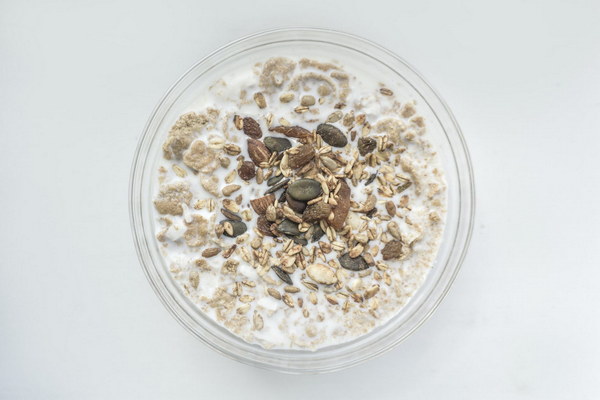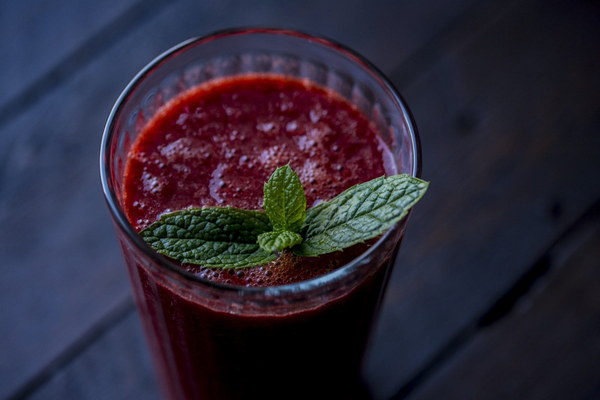Top Tips for Winter Kidney Health What to Eat for Optimal Wellbeing
Winter is a time when the body's energy is naturally drawn inward, and it's essential to support kidney health during this season. The kidneys play a crucial role in filtering waste and toxins from the body, maintaining fluid balance, and producing hormones. To keep your kidneys in tip-top shape, here are some valuable tips on what to eat and how to incorporate them into your diet for winter kidney health.
1. Consume Nuts and Seeds
Nuts and seeds are rich in omega-3 fatty acids, antioxidants, and protein, making them an excellent choice for kidney-friendly eating. Almonds, walnuts, chia seeds, and flaxseeds are all great options. They can be added to salads, yogurt, or simply enjoyed as a snack.
2. Embrace Winter Squash
Winter squashes like pumpkin, acorn, butternut, and spaghetti squashes are not only delicious but also packed with nutrients that support kidney health. They are high in potassium and fiber, which help reduce the risk of kidney disease. Roast them with a drizzle of olive oil and your favorite herbs for a healthy side dish.
3. Include Dairy Products
Dairy products such as milk, cheese, and yogurt are a good source of calcium and vitamin D, which are essential for kidney health. Opt for low-fat or non-fat options to minimize the risk of high cholesterol and blood pressure. Add a dollop of Greek yogurt to your morning smoothie or have a glass of fortified milk with dinner.

4. Add Herbs and Spices
Herbs and spices can boost the flavor of your meals without adding excess salt. Garlic, ginger, turmeric, and cilantro are all known for their kidney-friendly properties. They can help reduce inflammation and support kidney function. Sprinkle them on roasted vegetables, soups, or stir-fries.
5. Eat Dark Leafy Greens
Dark leafy greens such as spinach, kale, and Swiss chard are rich in vitamins, minerals, and antioxidants. These nutrients help protect the kidneys from damage. Incorporate these greens into salads, smoothies, or sauté them with garlic and olive oil.
6. Choose Lean Proteins
Protein is essential for kidney health, but it's important to choose lean protein sources. Lean meats such as turkey, chicken, and fish, as well as plant-based proteins like lentils, beans, and tofu, are all great options. Remember to cook your proteins in healthy fats like olive oil or coconut oil.
7. Stay Hydrated
Hydration is key for kidney health, especially during the winter months. Drink plenty of water throughout the day, and consider adding slices of lemon, cucumber, or mint to your water for added flavor and benefits.
8. Limit Salt Intake
Excessive salt intake can lead to high blood pressure, which is a risk factor for kidney disease. Try to limit your salt intake by using herbs and spices to season your food instead of salt. Avoid processed and canned foods, which are often high in sodium.
9. Enjoy Herbal Teas
Herbal teas can be a soothing and healthy alternative to sugary drinks. Green tea, ginger tea, and hibiscus tea are all known for their kidney-friendly properties. They can help reduce inflammation and support kidney function.
10. Practice Mindful Eating
Mindful eating involves being fully present while eating and savoring each bite. This can help you make healthier food choices and be more aware of your body's needs. Take the time to enjoy your meals, and listen to your body's hunger and fullness cues.
By incorporating these kidney-friendly foods and tips into your winter diet, you can help keep your kidneys healthy and support overall well-being. Remember that moderation and balance are key, and it's always a good idea to consult with a healthcare professional or a registered dietitian when making significant changes to your diet.









